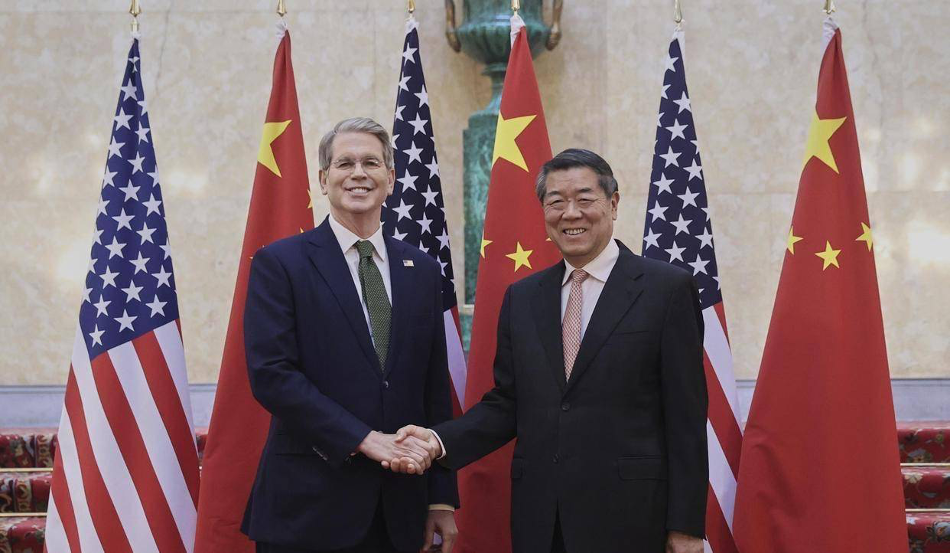35 Years Later: Chinese Scholars and Diplomats Opine on Sino-Japanese Relations
35 Years Later: Chinese Scholars and Diplomats Opine on Sino-Japanese Relations
To mark the 35th anniversary of the normalization of diplomatic relations between China and Japan, People’s Daily, the official newspaper of the Chinese Communist Party, commissioned several academics and former diplomats to write a series of articles reflecting upon the evolution of the bilateral relationship. While the articles consisted almost entirely of platitudes praising the positive direction of the “fruitful China-Japan strategic and mutually beneficial relationship,” two articles were particularly notable due to both their authors and content. In his article, entitled “Making Efforts to Construct the China-Japan Strategic Relationship,” Yang Zhenya, a former Chinese ambassador to Tokyo, cited the need for additional summit level meetings and the establishment of dialogue channels between Chinese and Japanese government departments (People’s Daily, September 30). Only by increasing the frequency of communications and exchanges between the two countries, Yang argued, can political trust be fostered and the possibility of misperceptions be minimized.
Wang Ping, a Chinese Academy of Social Sciences research fellow, presented a slightly different assessment than his colleagues in his article, “Make Progress While Ensuring Stability,” pointing to the strained Sino-Japanese relationship, particularly during the past five years (People’s Daily, September 30). Both countries, Wang noted, have had “deviations in their specific strategic goals and orientations and even lacked mutual trust, thus bringing the Sino-Japanese relationship to the most difficult period after the normalization of diplomatic ties.” It was only due to the “ice-breaking” visit of former Prime Minister Shinzo Abe and the “ice-melting” visit by Premier Wen Jiabao that repairs to the relationship have begun. Wang cautioned that the hard-earned stability in the relationship could only be maintained if Japan applied “Fukudism”—principles espoused by former Prime Minister Takeo Fukuda regarding Japan’s approach toward Southeast Asia—as a policy toward China as well as other neighboring countries. Given that Takeo Fukuda’s son, Yasuo, was recently appointed as the new prime minister of Japan, Wang’s specific emphasis on the elder Fukuda’s principles likely reflects the belief among China’s foreign policy circles that the bilateral relationship will continue to improve under the new Fukuda administration.


